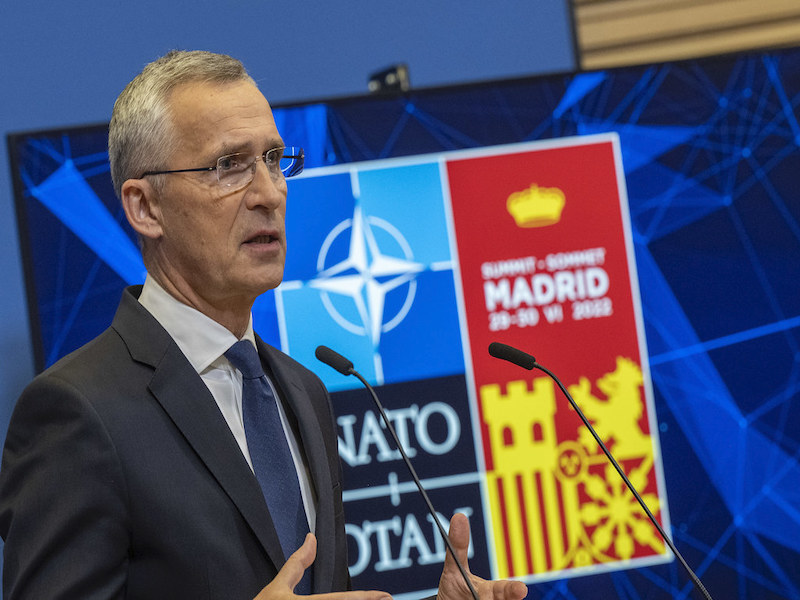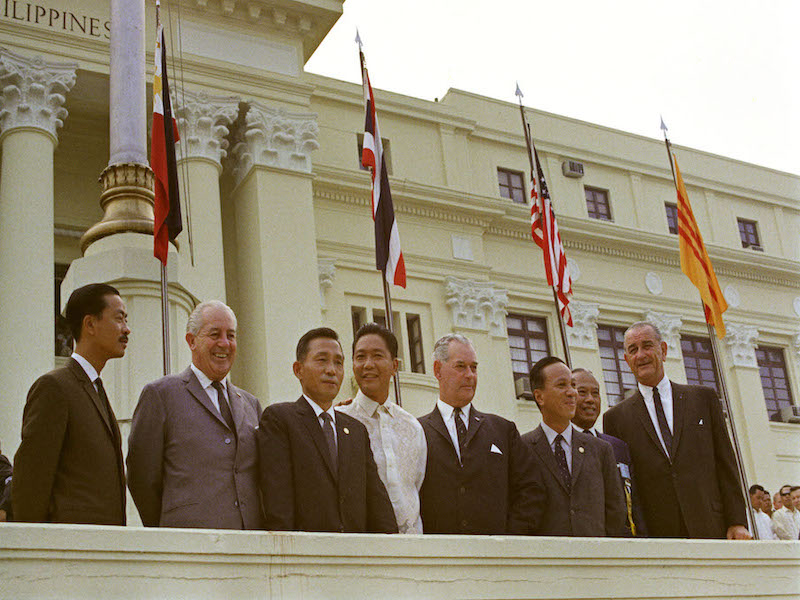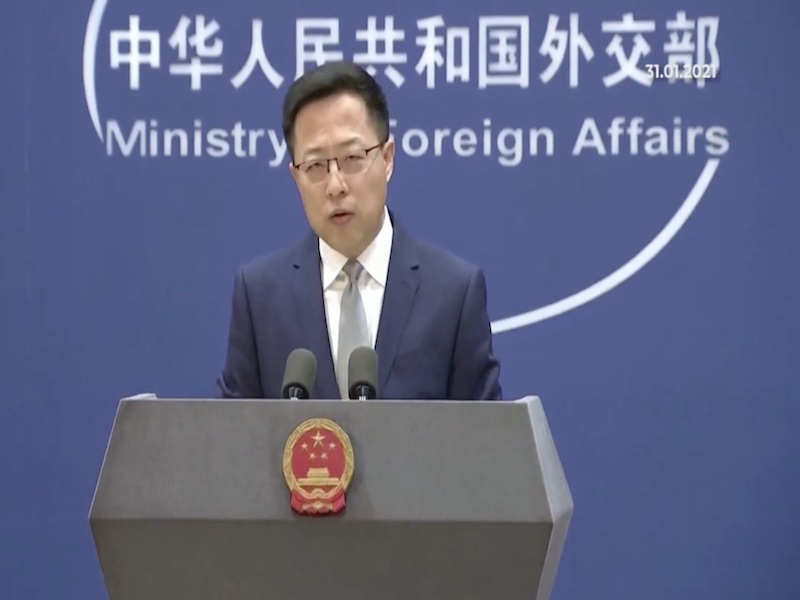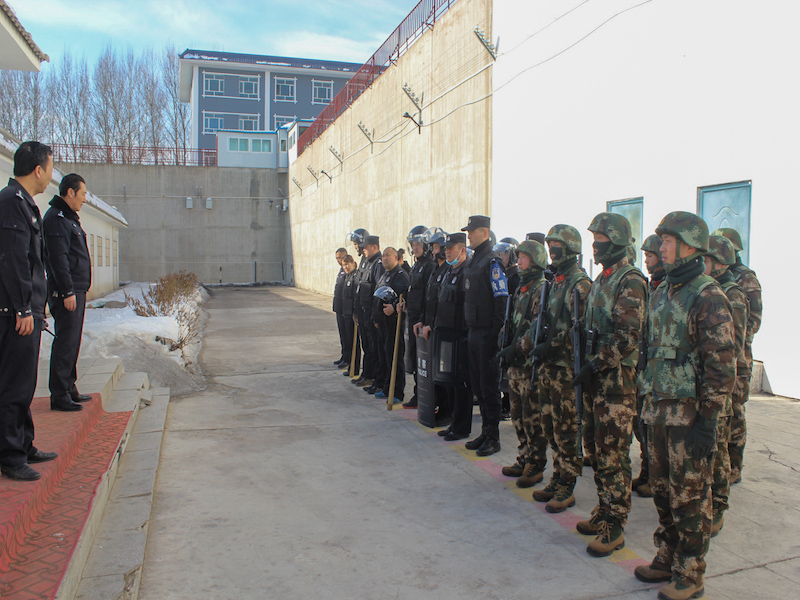With NATO’s new strategic concept from the 2022 Madrid Summit, the Chinese threat has now been codified properly for the first time. How is NATO policy expected to shift as a result?
Author: Paul Meyer
Paul Meyer is a second-year Student at the University of Toronto, Trinity College, pursuing a Double Major in International Relations and Public Policy with Minors in Economics and Political Science. A Franco-German having lived in China for eleven years, he speaks German, French, English and Mandarin and has worked with the International Tax and Investment Center’s Energy Growth and Security Program as well as the NATO Association of Canada. His academic interests are focused on China and its role as a global power, the role of International Organizations, most prominently NATO and the United Nations, and questions of Europe’s power on the international stage. He is further interested in all aspects of Diplomatic Protocol as well as the performing arts, being both a Director of Plays and Musicals, and an Orchestral Conductor.
SEATO: The tantalizing promise of NATO’s forgotten counterpart in the Indo-Pacific
June 30th, 1977, Bangkok, Thailand. After 23 years of operations the South-East Asian Treaty Organization, or SEATO, was formally dissolved, having been dogged with criticism throughout the nearly two decades since its founding. What was this NATO counterpart in the Indo-Pacific, why did it fail, and could it be revived today? The basics: Read More…
Wolf Warrior Diplomacy: The Social Media Battlefield
As targeted social media campaigns work in support of political movements in China’s strategic and political goals, how is social media becoming a new NATO battlefield?
The Xinjiang Police Files and their implications for NATO’s China policy
The most drastic leak to date of files out of Xinjiang is causing leaders in NATO to review their stance on China. What are the implications of this link on NATO and members’ strategic independence?




